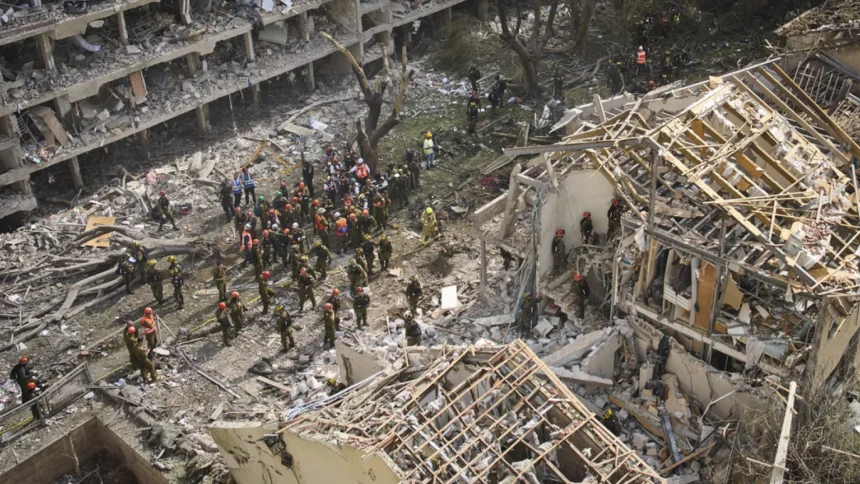Iranian Missiles Target Al Udeid Air Base and Iraq
On June 23, 2025, Iran launched a barrage of missiles targeting US military bases in Qatar and Iraq, intensifying an already volatile situation in the Middle East. According to two US officials, multiple missiles were tracked heading toward the Al Udeid Air Base in Qatar and installations in Iraq. This marks a dramatic escalation in Iran’s confrontation with the United States and Israel.
Qatar Confirms Interception, No Casualties
In a swift response, Qatar’s defense ministry reported that its air defense systems successfully intercepted the missiles aimed at the Al Udeid base. The ministry assured that no casualties or injuries occurred as a result of the attack, indicating a high level of preparedness amid rising tensions.
Iran’s Retaliation for US Strikes
The Islamic Revolutionary Guard Corps (IRGC) issued a statement claiming responsibility for what it described as a “powerful and destructive missile attack” on Al Udeid. This strike was in direct retaliation for the US bombing of Iran’s nuclear sites, including the underground Fordow facility, which the UN’s nuclear watchdog believes sustained “very significant damage.”
Ongoing Iran-Israel Conflict and Regional Fallout
The missile assault coincides with the 11th day of intense conflict between Iran and Israel, during which both nations have exchanged repeated strikes. Israel claims it recently hit targets in Tehran, including the Evin prison and strategic access routes to nuclear facilities. Iran, in return, has fired multiple waves of missiles into central Israel, including Tel Aviv and Haifa, causing significant civilian casualties.
US and Global Reactions
While Iranian military officials and lawmakers have vowed further retribution, US President Donald Trump suggested on social media that regime change in Iran could be a possible outcome, a message likely to inflame tensions further. There has been no official response yet from Iran’s Supreme Leader Ayatollah Khamenei, whose silence is being closely watched.
Regional and Global Implications
This latest attack raises serious concerns about the wider militarization of the Gulf region and the potential for a broader Middle East war. With the G7 leaders convening in Canada, the conflict is expected to dominate diplomatic discussions. Germany’s Chancellor has emphasized the need to prevent nuclear escalation and maintain Israel’s right to self-defense while calling for space for diplomacy.
As the situation rapidly evolves, global powers and regional governments are bracing for what could be one of the most dangerous escalations in recent Middle Eastern history.







